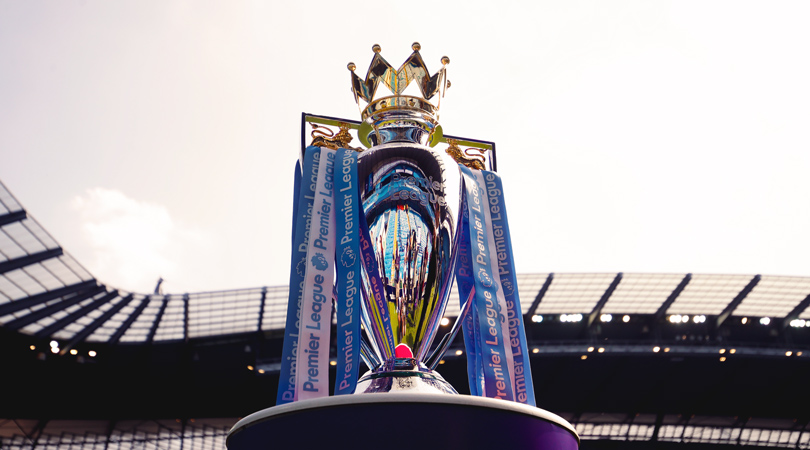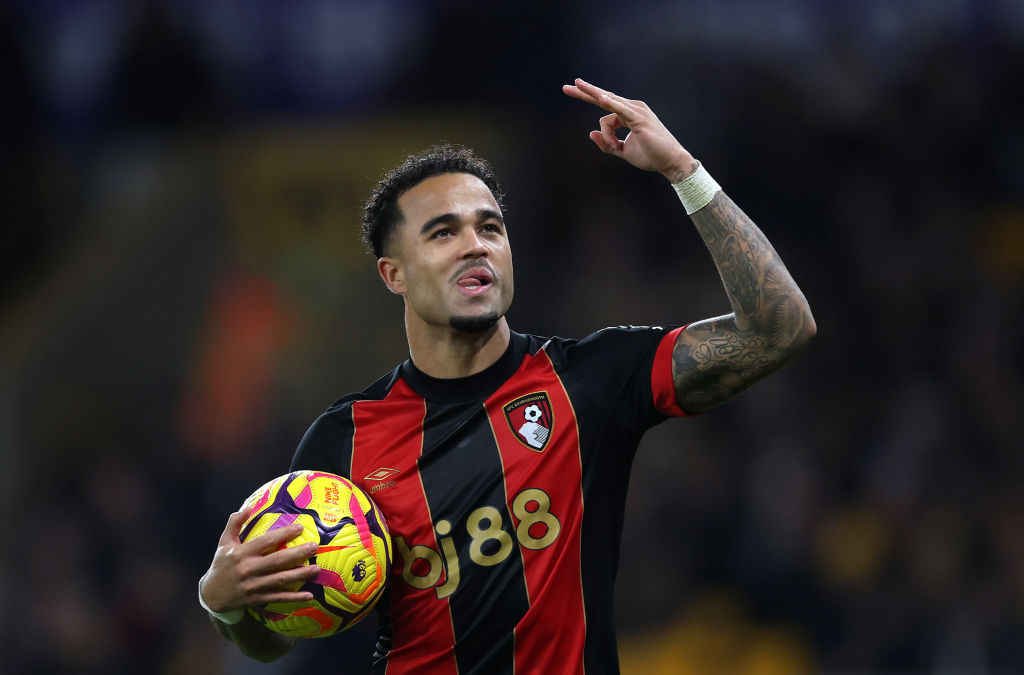What would each Premier League season since 2000 have looked like if it ended after 29 games?
COVID-19 might yet prematurely end the 2019/20 season – imagine if every one of the last 20 seasons had ended in March, though
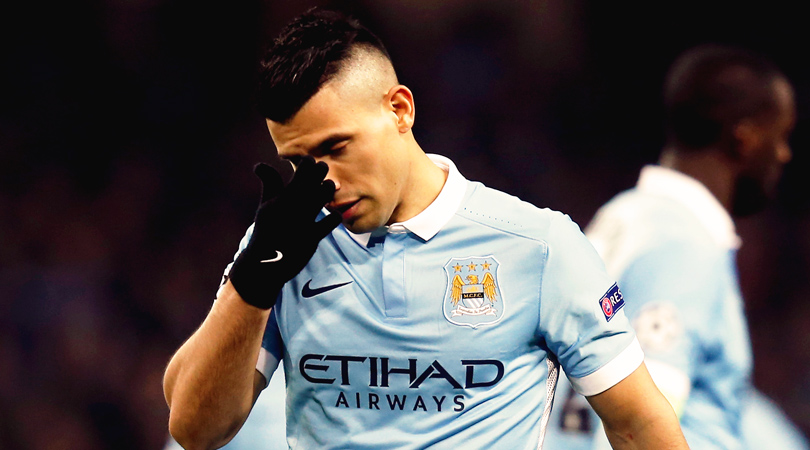
For the first time ever, the Premier League season might be cancelled before it's finished.
Nothing has ever brought the Premier League to halt before, and the league's great drama usually kicks on this time of year. Liverpool and Manchester City were still fighting it out for the title last year, City hadn’t imploded in the Champions League to Tottenham and Chelsea would’ve ended the season without Europa League glory - throwing Kepa Arrizabalaga’s League Cup final strop further into the limelight.
With so much late excitement in the league over the years, what did every season of the last two decades look like after Matchday 29?
1999/2000
At the turn of the millennium, Manchester United reigned supreme. Sir Alex Ferguson’s side defended their title with 91 points and Arsene Wenger’s Arsenal finished a sorry 18 points behind.
But the Wenger/Ferguson rivalry could’ve been over before it really grew legs, had the season had ended after matchday 29. Leeds United took the second spot during March, with the Gunners lagging level on points with Chelsea. That would’ve meant no Champions League football. Patrick Vieira - who was heavily linked at the time with Real Madrid - could well have gone. It’s funny how things turn out.
2000/01
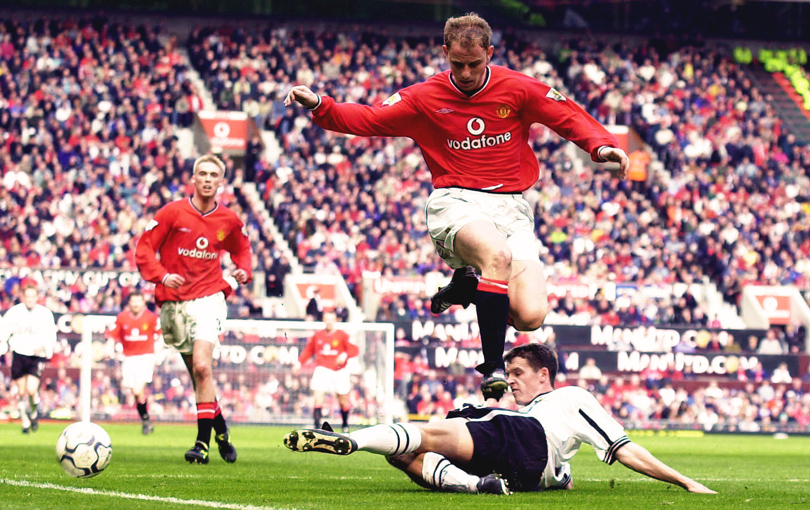
United won the league again in 2001. Arsenal cut the gap slightly and Liverpool chased after them in third. Man City got relegated - imagine that, kids - and basically, everything was like this after 29 matches too.
Except fifth place. If the season had ended in March 2001, Sunderland would’ve found themselves playing UEFA Cup football the following season. Seems mad to think of, now.
Get FourFourTwo Newsletter
The best features, fun and footballing quizzes, straight to your inbox every week.
2001/02
After 29 matches in 2002, Manchester United were heading for a fourth straight title. A dynasty; like the PSG or Juventus of their day. They were only a point ahead of Arsenal, who later won the league at Old Trafford, and completed a double.
Also interesting is that Bolton would’ve been relegated after 29 games. Sam Allardyce turned the ship around – as he’d do in countless years to come – but the remarkable story of Bolton’s decade-long Premier League (and European!) adventure could’ve ended prematurely.
2002/03
If the season had ended after 29 games in 2003, Arsenal would’ve been crowned champions for a second straight season. It would’ve been the first time they'd defended the title since the 1930s and given the incredible unbeaten run they were about to go on, perhaps it would’ve put further distance between United and the Gunners.
Except it didn’t quite happen like that. In April, Arsenal folded to Leeds. Fergie’s men capitalised and snatched the Premier League back from North London. With Chelsea not in the Champions League either, maybe Roman Abramovich would have picked a different club to invest in?
2003/04
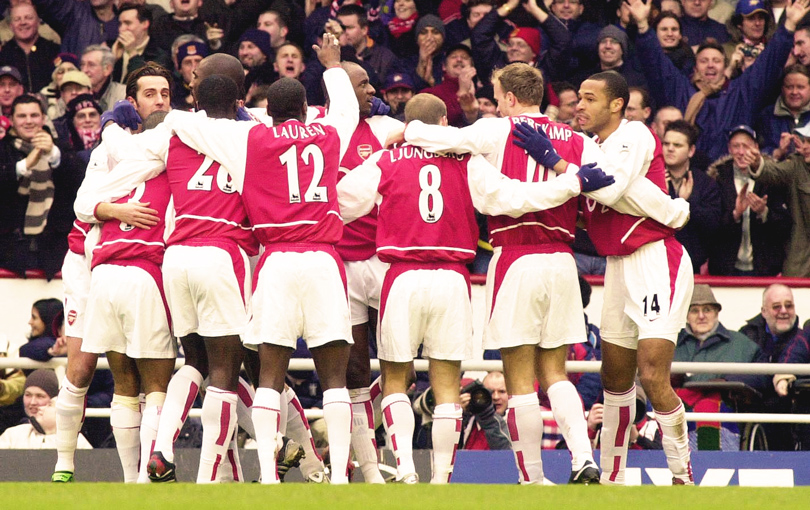
The longest that any side had ever gone unbeaten - only just, Liverpool fans - Arsenal would still have lifted the Premier League in 2004 after 29 matches.
Elsewhere in the league though, things are interesting. Portsmouth would’ve been relegated - ending their Premier League fairytale a lot earlier - and Liverpool would have only qualified for the 2005 Champions League - which they won - simply from having scored more goals than Newcastle United, who they were level on goal difference with. The finest of margins would’ve delivered the biggest of prizes.
2004/05
The final day of the season in 2005 was a first: no team was mathematically relegated heading into their 38th game. In the end, West Bromwich Albion survived. But it could’ve been all so different if the season had ended in March.
Crystal Palace would’ve been the side to live to fight another day in the Premier League. As a result, owner Simon Jordan struggled with the financial implications of the drop from the top tier and Palace went into administration in 2010. If the season had ended in March, they’d probably have been fine and fought for a few more relegation battles to come with the cash boost they’d have received from scraping through this battle.
2005/06
Another close shave for Portsmouth, as they only just beat relegation. It was also the year of Tottenham’s infamous dodgy lasagne.
Arsenal finished above their North London rivals only by bettering their result on the last day of the campaign. If the 2005/06 season had finished nine games early however, they’d have been down in 5th.
Spurs in the Champions League; Arsenal opening the Emirates Stadium with UEFA Cup football. It doesn’t seem so ludicrous, now.
2006/07

After 29 matches in 2007, West Ham United were nailed to the bottom of the table. They were consigned to their doom; Sheffield United were flying 11 points above them in the standings and looking forward to a second season in the top flight.
Oh, how things changed. The most controversial goal in Premier League history, Carlos Tevez’s strike against Man United on the final day of the season, sent the Blades down and kept the Hammers up. But that was a long, long way off in March.
2007/08
The history books remember 2008 as a vintage Manchester United campaign. The league, the Champions League and Cristiano Ronaldo’s coming of age, scoring 31 goals to fire United to the title.
Things weren’t quite so clear cut by matchday 29 though. OK, United would’ve still won the league, but only by a point ahead of Arsenal - who eventually slipped to third. Ferguson built on this side to become bigger, better and stronger, leading them to a more European finals, but maybe it would’ve taken a little more persuading if they hadn't won that title so convincingly.
2008/09
The mighty Newcastle, who were playing European football not that long before, were relegated in 2009. But after 29 games, the Magpies were steering clear of the relegation plughole, on goal difference.
Elsewhere though, Fulham wouldn’t have finished 7th, had the season had ended after 29 games. So no magical European run for them either. A 29-match season would’ve robbed us of the sight of Bobby Zamora making a fool of Fabio Cannavaro. It doesn't bear thinking about.
2009/10
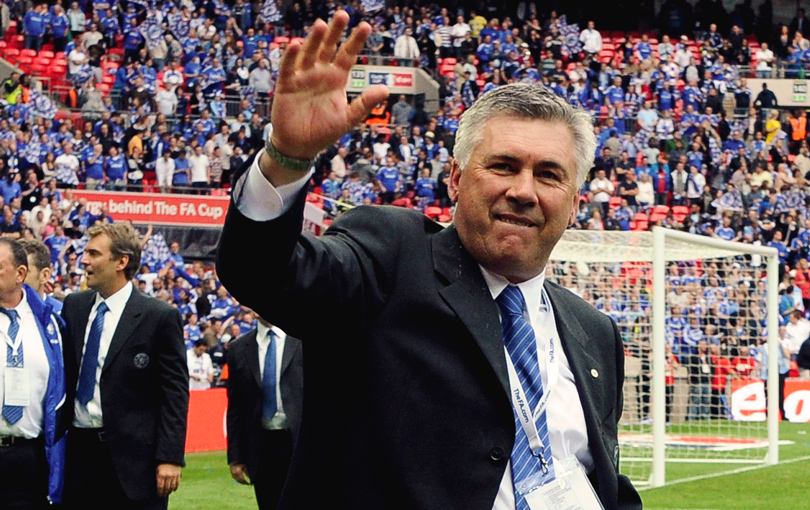
The top three from matchday 29 remained the same until the end of the 2009/10 season. The bottom three too, as Portsmouth, Hull City and Burnley went down. Boring!
But the final day of the season - a fair weekend in March - would’ve been an interesting one for the league. Arsenal, United and Chelsea were all in the race for the title. One of them bettering the other two’s results would swing it their way, with the Blues top by a point. Chelsea would’ve won it with a 5-0 thrashing of Pompey.
2010/11
Again, Manchester United are top of the league after 29 matches. Again, Manchester United win the Premier League. You’re starting to follow the pattern, right?
Wigan Athletic though would’ve been relegated, if the season ended in March. Roberto Martinez probably would’ve paid for it with his job - so no FA Cup win later on, no managing Everton for Martinez, and potentially no third-place finish at the 2018 World Cup managing Belgium. Truly, a butterfly effect moment.
2011/12
With 29 matches gone, Ferguson was top of the pile - again - in the league, with Manchester City this time breathing down their necks. But we all know what happened on the last day of the season in 2012.
Imagine, for a second, that Aguero doesn’t score that goal to win City the title in May. Imagine that United clinch another league triumph, that Roberto Mancini leaves Manchester, that David Silva, Vincent Kompany or Yaya Toure also consider their futures. A 5-0 thrashing of Wolves for United, with Javier Hernandez netting twice would’ve been the title-deciding match. Less “Agueroooooo” and more “Chicharitooooo”.
2012/13
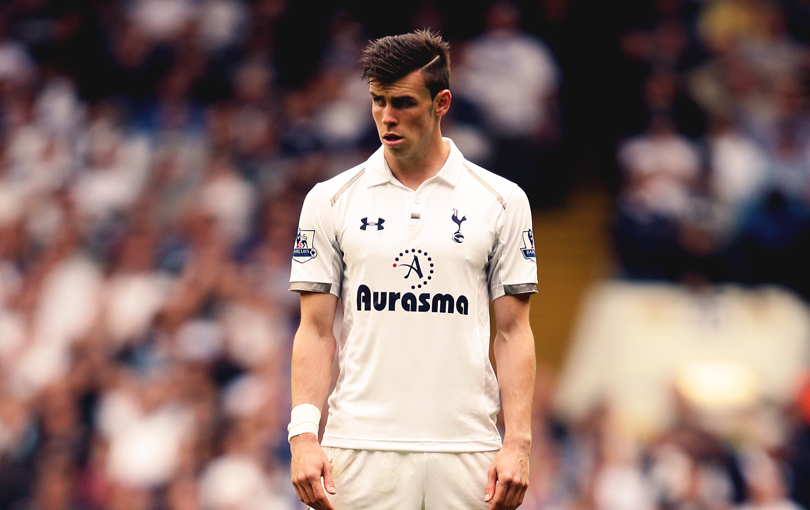
In March 2013, Tottenham were six points clear of Arsenal in 4th. Gareth Bale was having the season of his life and might not have left for Real Madrid if he’d have secured Champions League football in North London - equally, Arsenal may never have got Mesut Ozil in return. But Arsenal eventually finished a point ahead of their neighbours.
United would’ve still won the title and Wigan - who were bottom at this stage each of the last three years - would still have bitten the dust.
2013/14
The season that should’ve been for Liverpool fans. They still wouldn’t have won the title after 29 matches, but it perhaps wouldn’t have been so heartbreaking.
Chelsea were leading the pack in March 2014. Jose Mourinho would’ve delivered his first title back in London, Man City would’ve missed out on the title again and David Moyes would have lasted a whole season at Manchester United before being sacked in April.
2013/14
In 2014/15, the differences at the top were minimal. At the bottom, they were drastic. Leicester City lay at the foot of the table after 29 matches, all but dead and buried and facing an immediate relegation after getting promoted the season before.
Nigel Pearson rescued the Foxes in the nine matches that remained and what they went on to… well, you remember.
2015/16
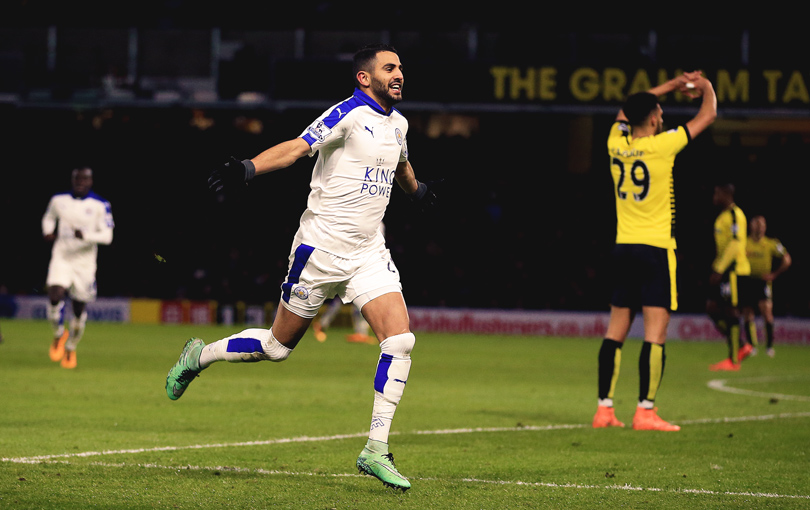
The way the 2015/16 title was decided was huge: Eden Hazard finally pulling his act together and ending Tottenham dreams amid one of the feistiest matches the league has seen in its recent history. But had the season been decided after 29 matches, it would’ve been equally as thrilling.
Spurs would’ve had to beat rivals Arsenal and hope Leicester dropped points away to Watford. As it so happened, Alexis Sanchez would’ve clinched the equaliser to send the league to Leicester, who defeated Watford 1-0. It would’ve been sweet for the Foxes to win the title against the side who so famously and dramatically denied them a promotion place in 2013.
2016/17
The top seven and bottom three remained exactly the same from the first week of March 2017 right through to the final day of the season. There weren’t even any significant points of pride to be gained over those weeks: Bournemouth jumped a few spots but still finished below neighbours Southampton, Marco Silva had far too much to do to keep Hull up and West Brom slumped two places, but still finished in the top half.
Perhaps the most interesting thing about matchday 29 would’ve been the Champions League places. Liverpool would’ve still pipped Arsenal - but not by beating Middlesbrough but drawing at Man City. That’s right: when the Reds famously tore Guardiola’s men apart in the Champions League the following year, City would only have had themselves to blame for not beating Jurgen Klopp and keeping him out the competition the previous season.
2017/18
Obviously, City wouldn’t have reached 100 points, but they’d have won the title by a landslide.
The top seven would’ve remained exactly the same again. Swansea City, however, would have remained clear and safe of the drop, with Crystal Palace facing relegation. Perhaps in an alternate reality, Gylfi Sigurdsson still plays for Swansea and Wilfried Zaha got the move to Everton instead.
2018/19
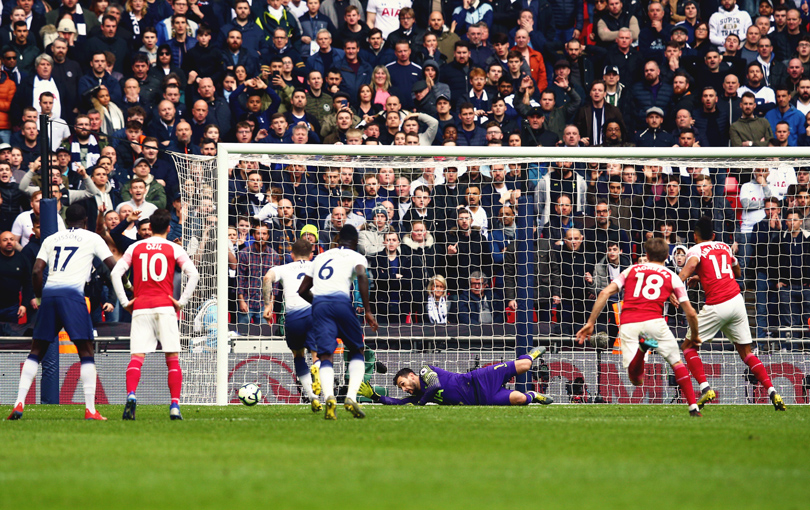
Last season, the Premier League’s 29th game was awash with derbies all facing teams with lots to play for. If the season had ended that way though, it would’ve been incendiary.
Liverpool were held by Everton, 0-0, dropping two points - that would have handed City the title. Chelsea would have secured top-four status by beating rivals Fulham while Arsenal would’ve been dealt the blow of missing out on it after a missed penalty from Pierre-Emerick Aubameyang against Tottenham wasn’t retaken, following Jan Vertonghen encroaching in the area. Lucky VAR was about to be implemented, right?
While you're here, why not take advantage of our brilliant new subscribers' offer? Get 5 copies of the world's greatest football magazine for just £5 – the game's greatest stories and finest journalism direct to your door for less than the cost of a London pint. Cheers!
NOW READ...
SPURS In a difficult season, Giovani Lo Celso might be Tottenham's biggest success story
PROFILE The best right-back in the world? How Trent Alexander-Arnold is reinventing the full-back
QUIZ Can you name the top 50 clubs according to UEFA coefficient?
New features you'll love on FourFourTwo.com

Mark White has been at on FourFourTwo since joining in January 2020, first as a staff writer before becoming content editor in 2023. An encyclopedia of football shirts and boots knowledge – both past and present – Mark has also represented FFT at both FA Cup and League Cup finals (though didn't receive a winners' medal on either occasion) and has written pieces for the mag ranging on subjects from Bobby Robson's season at Barcelona to Robinho's career. He has written cover features for the mag on Mikel Arteta and Martin Odegaard, and is assisted by his cat, Rosie, who has interned for the brand since lockdown.
